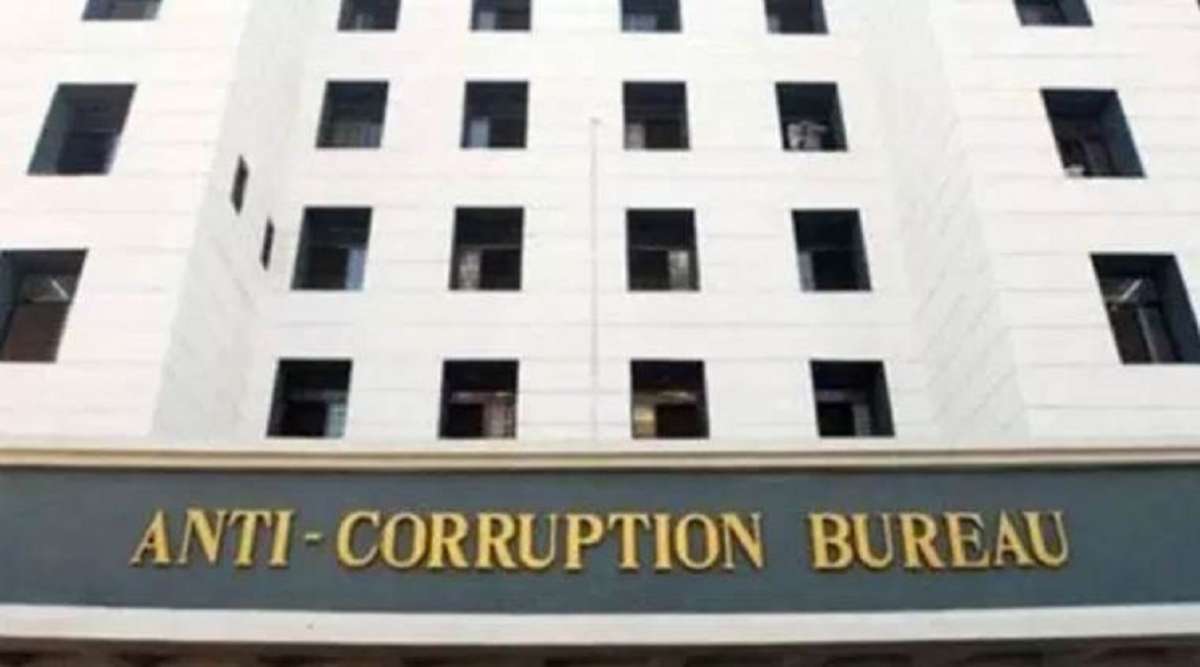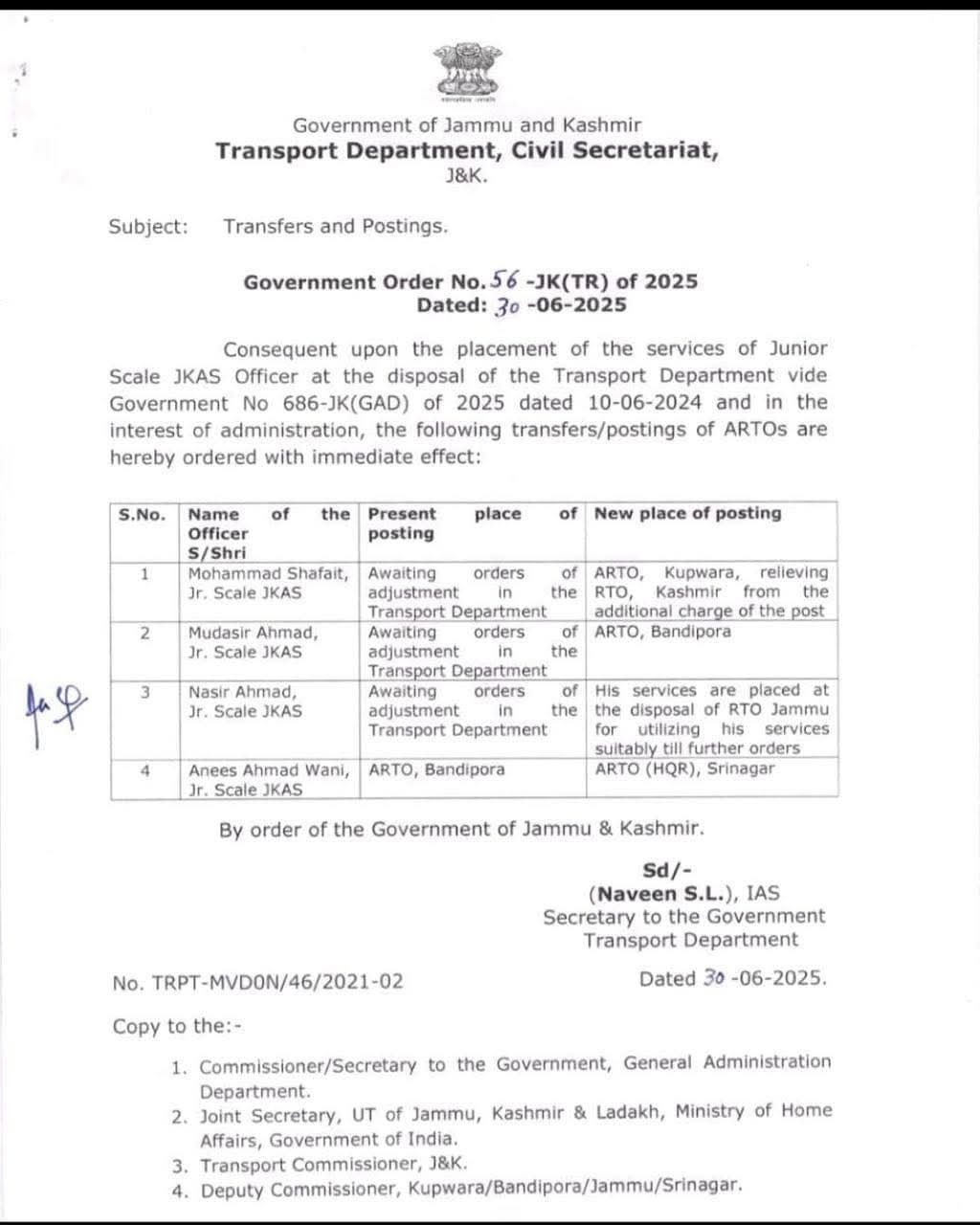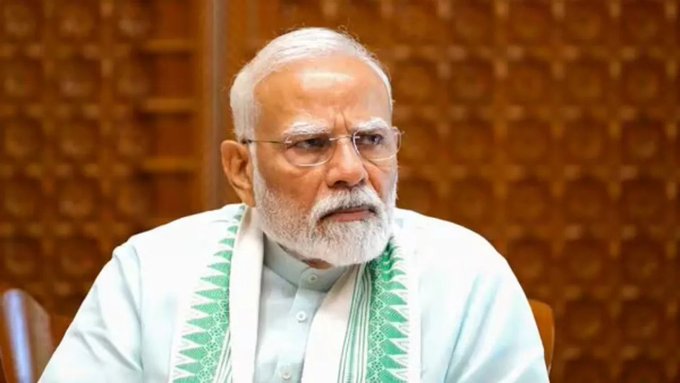JAMMU: J&K BJP Chief Spokesperson Adv. Sunil Sethi, accompanied by former Vice-Chairperson Balbir Ram Rattan and J&K BJP Media Incharge Dr. Pardeep Mahotra, while addressing a press conference at party headquarters, Jammu, lauded the efforts of Prime Minister Narendra Modi led union government in bailing the country out of economic crisis in the last ten years.
Sunil Sethi, in the press conference, shared the highlights of the White Paper on the Indian economy, saying that the UPA government inherited a healthy economy in 2004 ready for more reforms, but made it non-performing in its 10 years till 2014.
Under the UPA government, foreign exchange reserves had declined from around USD 294 billion in July 2011 to around USD 256 billion in August 2013.
There was serious neglect of infrastructure creation as in an affidavit submitted to the Supreme Court in response to a PIL, the UPA Government stated that out of around 40,000 kilometers of National highways added, 24,000 kilometers of national highways were added during the NDA regime from 1997 to 2002.
The Reserve Bank’s reports pointed towards excessive revenue expenditure by the UPA government and poor policy planning and execution resulting in large unspent funds for many social sector schemes during the UPA years.
Health expenditure, defense preparedness etc. was hampered by policy paralysis. The UPA government was marked by policy misadventures and scams such as 2G scam & Coal Scam.
India’s telecom sector lost a precious decade due to the 2G scam and policy paralysis.
The 80:20 gold export-import scheme launched by the UPA government exemplifies how government systems and procedures were subverted to serve particular interests for obtaining illegitimate pecuniary gains.
While investors across the world sought ease of doing business, the UPA government provided policy uncertainty and hostility. The demotivating investment climate under the UPA government led to domestic investors moving abroad.
When Modi government assumed office, the economy was on a road to nowhere.
Out of 442 ongoing projects of Railways, the target for completion of projects was fixed for only 156 (35 per cent) projects. Delay in completion of projects resulted in cost overrun of ₹1.07 lakh crore.
The UPA government failed to capitalize on the strong foundational economy and pace of reforms left behind by the Vajpayee government.
As soon as our government took over in 2014, we recognized the urgent need to revamp and overhaul systems and processes, to help India advance on the path of development while also bolstering its macroeconomic foundations.
Right from spearheading the digital revolution to the elimination of open defecation, and from successfully vaccinating the entire eligible population using indigenous vaccines to substantially diversifying exports, we also strengthened the health of the economy and the business sector started yielding positive results in our government, by improving the investor climate and creating a favourable outlook for the economy.
Sethi insisted that since the time our government assumed power in 2014, the Indian economy has undergone many structural reforms.
Our government’s vision of “Nation First” has transformed the quality of India’s infrastructure and logistics ecosystem, which will be key for the country to attract investments and expand its presence in global value chains. when our government took charge in FY15, the pace of national highway construction languished at 12 km/day. The pace of construction rose more than 2.3X to 28 km/day in FY23.
In addition, the procurement of critical equipment for the defense sector, paramount for national security was not prioritized by the UPA government.
The Modi government adopted the philosophy “Sabka Sath, Sabka Vikas” prioritizing universal access to basic amenities, and a participatory, mission-mode approach in actualizing this philosophy.
Due to the economy’s strong fundamentals restored by the Modi government, the Rupee demonstrated resilience during global shocks. The PM-Kisan Samman Nidhi empowered farmers and improved their incomes.
Modi government strengthened the Public Finances, reformed tax-ecosystem with robust revenue growth in the last decade. The introduction of the GST regime was a much-needed structural reform. Modi government transformed nation from power-deficient to power-sufficient and has taken several steps to correct the situation in the telecom market.




















